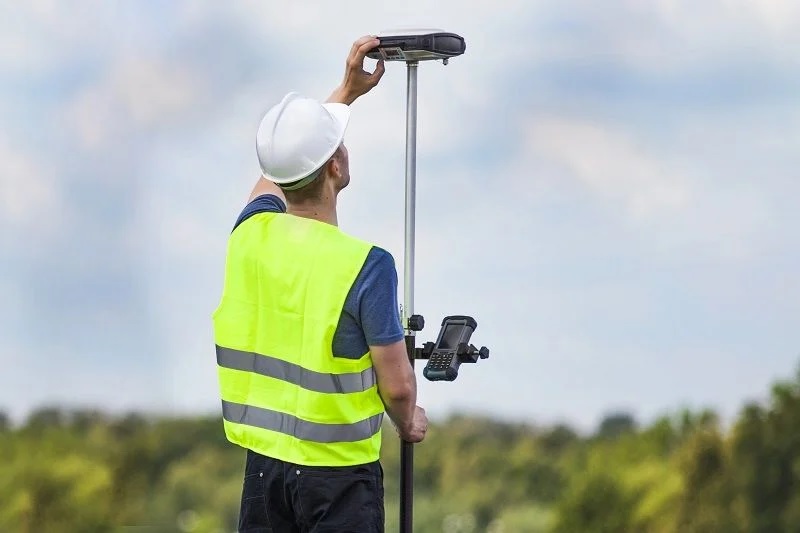GPS technology is not a new thing in construction projects, yet its impactful role as an innovative precision management tool is only now becoming evident. By accurately pinpointing and tracking objects on Earth, GPS has revolutionized everything from surveying to site planning to equipment tracking and safety management. GPS is now essential to guaranteeing precision for success in building projects.
This article will highlight how construction GPS technology and software like Trackunit is increasing accuracy and efficiency during projects, providing its many advantages that have changed how construction projects are planned and executed.
Surveying and site planning
GPS technology plays an integral part in construction by helping survey companies quickly and precisely map out topography, measure distances and elevations, and create 3D models of sites quickly and precisely map topographies that help engineers to better understand terrain regarding building placement decisions.
GPS technology also facilitates real-time mapping, making it simpler to spot potential obstacles or hazards on site and avoid delays or ensure construction goes according to schedule with pinpoint precision.
Equipment tracking
GPS technology makes it possible to monitor construction equipment and vehicles on job sites with real-time tracking of location, speed and usage data available through handheld GPS devices installed onto heavy machinery.
Managers can install devices to these heavy machines to not only help prevent theft but also ensure efficient usage that guarantees safe work environment conditions for their team members.
Safety management
Safety in construction industry sites is of utmost importance and GPS technology has played an instrumental part in improving it.
By monitoring worker movements via GPS tracking devices, site managers can ensure workers remain within safe zones without becoming vulnerable to potential dangers. GPS can also set virtual boundaries that alert site administrators if their equipment enters or exits restricted areas.
Fleet management
In addition to tracking equipment, GPS can also be utilized as part of fleet management for construction projects. By monitoring vehicle locations and performance, managers can optimize routes while decreasing fuel consumption — saving both costs as well as environmental impacts associated with construction work projects.
Material management
GPS technology can also be leveraged effectively in construction projects for material management. By attaching RFID tags to their materials, companies are able to keep a closer watch over where and when materials arrive — helping prevent theft while simultaneously decreasing delays while improving efficiency.
Automated machinery
GPS technology has also allowed construction projects to incorporate autonomous machinery. By attaching GPS units onto equipment like bulldozers and excavators, such machines can operate autonomously based on pre programmed routes or real-time data to adjust their movements — improving accuracy while increasing productivity while decreasing human involvement in risky tasks.
Real-time data collection
With GPS technology, construction companies are able to collect accurate and timely information regarding various aspects of a project from equipment use and material delivery to worker productivity and site progress — real-time data can provide essential insights that facilitate informed decisions for project planning and management.
Remote monitoring
GPS technology makes remote site monitoring possible, enabling managers to keep an eye on progress and address any problems swiftly — especially useful in large projects where multiple locations could potentially span across an expansive geographical region.
Cost savings
By employing GPS technology, construction companies can save costs in multiple ways. From cutting delays and optimizing routes to increasing efficiency and preventing theft — GPS makes an immediate, impactful difference on project budgets and reduces overall labor expenses over time. Moreover, using automated machinery reduces long-term labor expenses even further.
Improved accuracy and efficiency
Utilization of GPS technology in construction projects leads to improved accuracy and efficiency, providing precise data with real-time tracking so managers can make informed decisions, preventing errors or delays from compromising project progress — saving costs while simultaneously improving its quality.
Conclusion
GPS technology has proven to be a breakthrough for construction industry professionals. Its introduction has revolutionized surveying, tracking, and safety management during projects as well as resource optimization, with reduced costs and enhanced safety being major benefits of using this technology in construction tasks.












